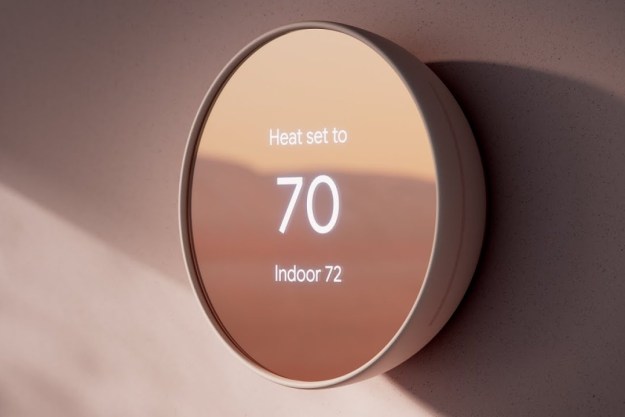Cadillac has recently embarked on an ambitious model offensive in a bid to take on better-established German rivals like Mercedes-Benz, Audi and BMW. The company’s product plan under the direction of president Johan de Nysschen calls for the launch of no less than eight new models before the end of the decade.
Dave Leone, Cadillac’s chief engineer, has revealed that many of the automaker’s new cars will spawn performance-focused V-badged models that will fight head-to-head against the street-legal rockets built by Mercedes-AMG, BMW M and Audi quattro.
Cadillac’s next V-badged model could be a performance-focused version of the CT6 that was introduced a couple of weeks ago at the New York Auto Show. Executives are currently looking at what the competition offers and debating whether or not to move forward with the project. At the other end of the spectrum, the entry-level Mercedes-Benz CLA-fighting sedan that engineers are busily designing as you read this will almost certainly get a V-badged variant.
Many upcoming V-Series models will trade raw displacement for downsized engines fitted with either a turbocharger or a supercharger. V models will likely embrace electrification further down the line, though Cadillac has not disclosed what form it will take. The company could be referring to electric turbos, a technology currently being pioneered by Audi, or it could be talking about gasoline-electric plug-in hybrid drivetrains capable of providing both Prius-like fuel economy and neck-snapping acceleration.
Cadillac warns that not all of its models will get the hot-rodded treatment. Notably, an Escalade-V has been categorically ruled out and Cadillac hints that you shouldn’t hold out hope for a SRX-V, either. “We will focus on platforms which lend themselves to performance driving,” summed up Leone in an interview with The Detroit Bureau.
Editors' Recommendations
- The BMW i4 is more luxurious than the Tesla Model S, and costs way less
- Acer’s new workstations are more powerful than ever before
- Intel’s Alder Lake H-series laptop chips take on Apple M1 Max with vengeance
- How powerful is the M1 Max’s GPU? Estimates say possibly more than a PS5
- The iMac M1 is nearly 60% faster than the older Intel model, according to leak




